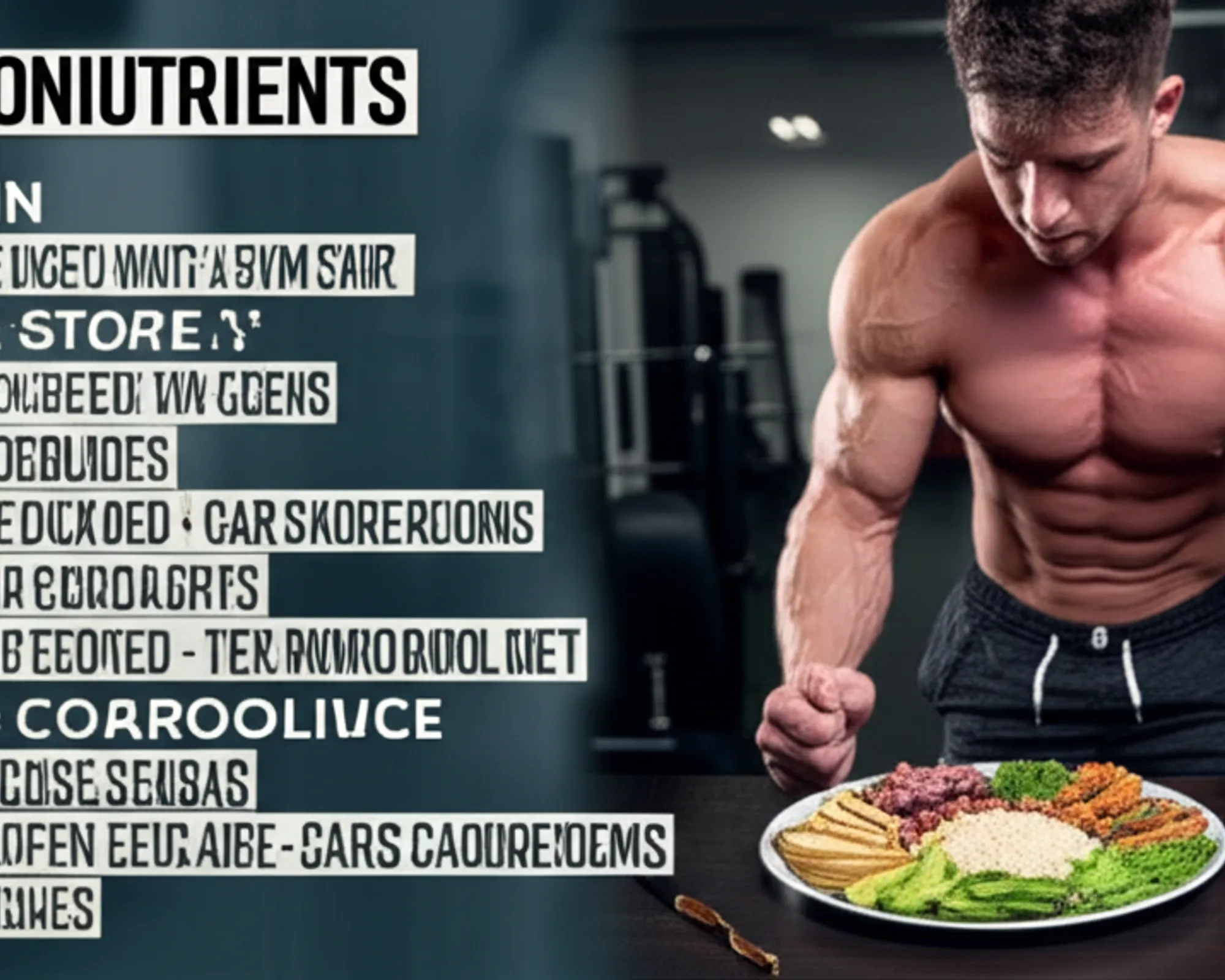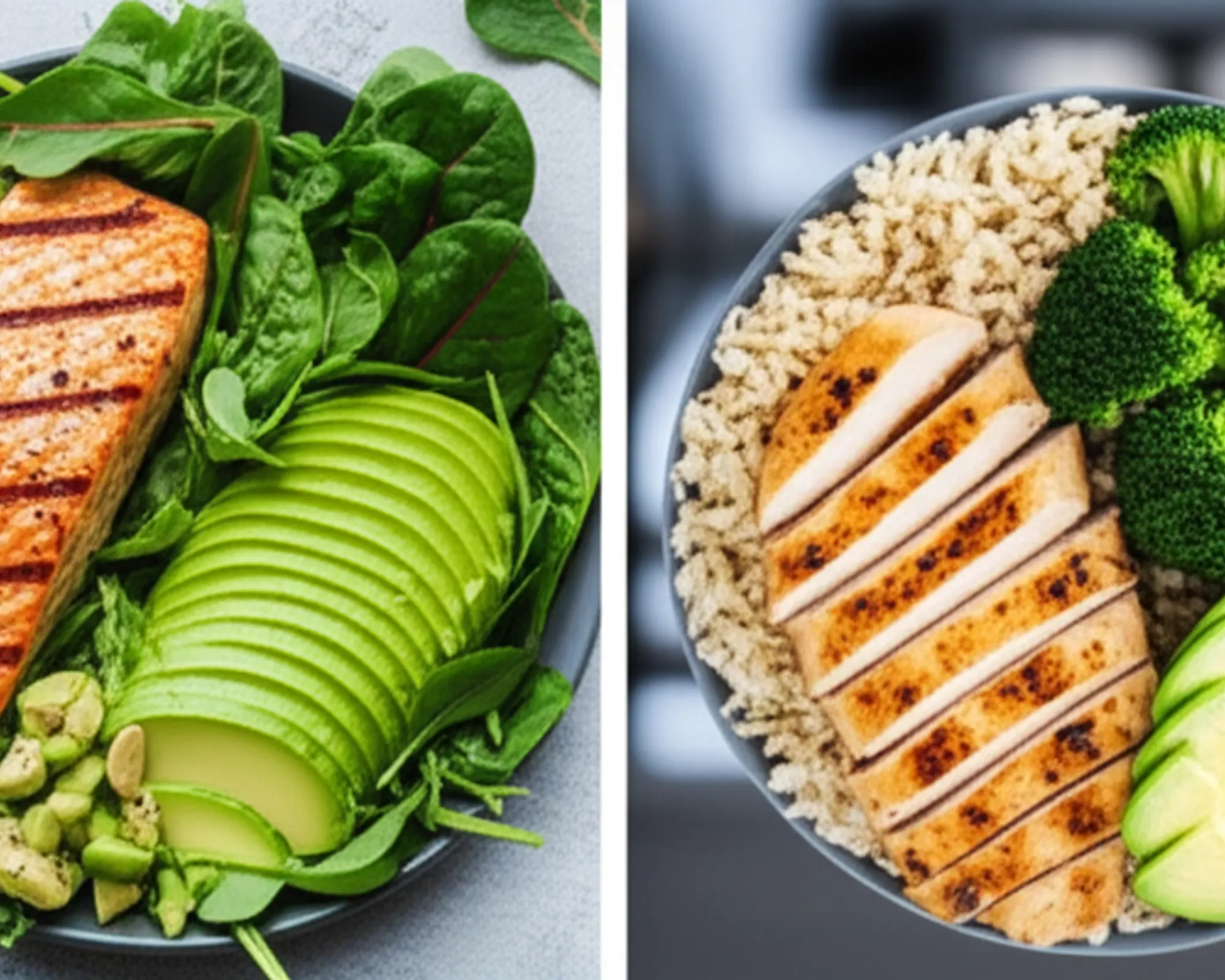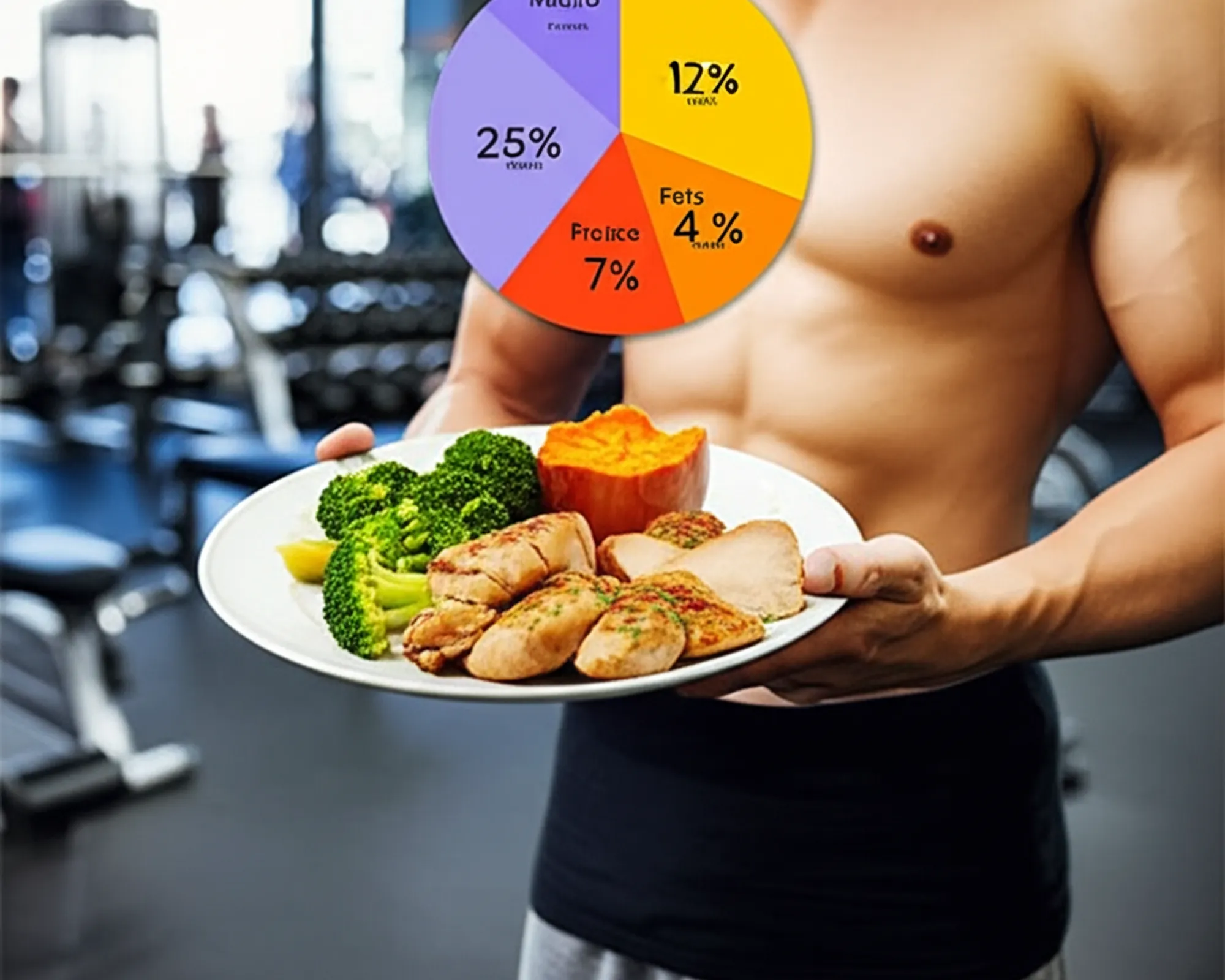What Are Macros? The Beginner’s Guide to Nutrition for Gym-Goers

Going to the gym is only half the battle when it comes to transforming your body and achieving your fitness goals. The other, equally crucial half, takes place in the kitchen. You might be putting in consistent effort lifting weights, but if your nutrition isn't dialed in, you could be leaving significant gains on the table. This is where understanding "macros" comes into play. If you've ever heard gym enthusiasts talk about "hitting their macros" or "macro tracking," you might have felt a bit lost. Don't worry, you're not alone! This beginner's guide will demystify macronutrients, explaining what they are, why they're vital for gym-goers, and how you can start incorporating this knowledge into your routine to supercharge your progress.
What Are Macronutrients?
"Macros" is short for macronutrients – the three primary components of food that your body needs in large quantities for energy, growth, repair, and overall bodily functions. These are:
- Proteins
- Carbohydrates
- Fats
Unlike micronutrients (vitamins and minerals), which your body needs in smaller amounts, macronutrients provide calories (energy). Each macro plays a unique and essential role in supporting your fitness journey.
The Power of Protein: Building Blocks for Muscle
Protein is arguably the most critical macronutrient for anyone hitting the gym, especially those looking to build muscle or maintain it during fat loss. Think of protein as the building blocks for your muscles. When you lift weights, you create tiny tears in your muscle fibers. Protein provides the amino acids necessary to repair these tears, making your muscles stronger and larger.
- Role: Muscle repair and growth, enzyme production, hormone regulation, satiety.
- Sources: Lean meats (chicken breast, beef, turkey), fish (salmon, tuna), eggs, dairy (Greek yogurt, cottage cheese, milk), legumes (lentil, beans), tofu, tempeh, protein powder.
- Recommendations for Gym-Goers: Aim for approximately 0.7 to 1 gram of protein per pound of body weight (or 1.6 to 2.2 grams per kilogram) daily. Distribute your protein intake throughout the day to optimize muscle protein synthesis.
Carbohydrates: Your Body’s Primary Fuel Source
Carbohydrates often get a bad rap, especially in diet culture, but for gym-goers, they are indispensable. Carbs are your body's preferred source of energy. They are broken down into glucose, which fuels your workouts, especially high-intensity strength training. Without adequate carbs, your energy levels will plummet, your performance will suffer, and your body might even start breaking down muscle for energy.
- Role: Primary energy source, glycogen replenishment (stored energy in muscles), brain function.
- Sources:
- Complex Carbs: Whole grains (oats, brown rice, quinoa, whole wheat bread), starchy vegetables (potatoes, sweet potatoes, corn), legumes. These provide sustained energy.
- Simple Carbs: Fruits, honey, white bread, sugary drinks. These offer quick energy. While complex carbs should form the bulk of your intake, simple carbs can be useful post-workout for rapid glycogen replenishment.
- Recommendations for Gym-Goers: The amount varies greatly based on activity level and goals. For muscle gain or high-intensity training, 2-3 grams per pound of body weight (4.4-6.6 g/kg) might be appropriate. For fat loss, this number will be lower. Focus on complex carbs most of the time, especially pre-workout (1-2 hours before) and post-workout to refuel.
Fats: Essential for Hormones and Health
Fats are often misunderstood, but they are absolutely vital for overall health and performance. Healthy fats play a crucial role in hormone production (including testosterone, important for muscle growth), nutrient absorption, cell function, and providing a concentrated source of energy. Don't fear fats – embrace the right ones!
- Role: Hormone production, nutrient absorption (fat-soluble vitamins A, D, E, K), cell membrane integrity, energy storage, insulation.
- Sources: Avocados, nuts (almonds, walnuts), seeds (chia, flax), olive oil, fatty fish (salmon, mackerel), egg yolks.
- Recommendations for Gym-Goers: Aim for 0.2-0.5 grams of fat per pound of body weight (or 0.5-1.1 g/kg) daily. Prioritize unsaturated fats (monounsaturated and polyunsaturated) and minimize saturated and trans fats.
Calculating Your Macros: A Step-by-Step Approach
Now that you know what macros are, how do you figure out your specific needs? It boils down to two main steps:
- Determine Your Calorie Needs (TDEE): Your Total Daily Energy Expenditure (TDEE) is the number of calories your body burns in a day, considering your basal metabolic rate (BMR), exercise, and daily activities. You can find many online TDEE calculators; simply input your age, gender, weight, height, and activity level.
- For Muscle Gain (Bulk): Add 200-500 calories to your TDEE.
- For Fat Loss (Cut): Subtract 300-500 calories from your TDEE.
- For Maintenance: Eat at your TDEE.
- Set Your Macro Ratios: Once you have your target daily calories, you'll divide them among protein, carbs, and fats. Here are common caloric values per gram:General guidelines for gym-goers:Example: Let's say your target is 2500 calories, and you weigh 150 lbs.
- Protein: 4 calories per gram
- Carbohydrates: 4 calories per gram
- Fats: 9 calories per gram
- Protein: Start with 0.7-1g per lb of body weight. Calculate total protein calories.
- Fats: Aim for 0.2-0.4g per lb of body weight. Calculate total fat calories.
- Carbohydrates: The remaining calories will come from carbohydrates. Subtract your protein and fat calories from your total daily calorie target, then divide the remaining calories by 4 to get your carbohydrate grams.
- Protein: 150 lbs * 1g/lb = 150g protein. 150g * 4 cal/g = 600 calories from protein.
- Fats: 150 lbs * 0.3g/lb = 45g fat. 45g * 9 cal/g = 405 calories from fat.
- Carbs: 2500 (total) - 600 (protein) - 405 (fat) = 1495 calories remaining.
- 1495 calories / 4 cal/g = 373.75g carbs.
- Your macros would be approximately: 150g Protein, 374g Carbs, 45g Fat.
Tracking Your Macros: Making it Practical
Calculating your macros is one thing; consistently hitting them is another. Here’s how to make it practical:
- Food Scale: Invest in a digital food scale. Eyeballing portions is notoriously inaccurate.
- Tracking Apps: Apps like MyFitnessPal, Cronometer, or LoseIt! make tracking easy. You can scan barcodes or search for foods and log your intake.
- Meal Prep: Planning and preparing your meals in advance can significantly help you stay on track with your macros.
Practical Tips for Macro Success
- Start Slowly: Don't try to perfect everything overnight. Start by just tracking your current intake to build awareness. Then, gradually adjust to hit your targets.
- Focus on Whole Foods: While the "If It Fits Your Macros" (IIFYM) approach allows for flexibility, prioritizing whole, unprocessed foods (lean meats, fruits, vegetables, whole grains) will provide better nutrition and satiety.
- Stay Hydrated: Water is not a macro, but it's essential for all bodily functions, including metabolism and performance.
- Be Consistent: Hitting your macros most days of the week is more important than being perfect every single day.
- Adjust as Needed: Your body and goals change. Re-evaluate your TDEE and macro targets every few weeks or months. If you're not seeing progress, make small adjustments.
Conclusion:
Understanding and managing your macronutrients is a game-changer for any gym-goer looking to optimize their results. It's not just about eating "healthy"; it's about eating strategically to fuel your workouts, promote muscle growth, aid recovery, and achieve your body composition goals. While it might seem complex at first, with a little practice and consistency, tracking your macros will become a powerful tool in your fitness arsenal. Start today, empower your plate, and watch your gym efforts translate into real, sustainable progress!


